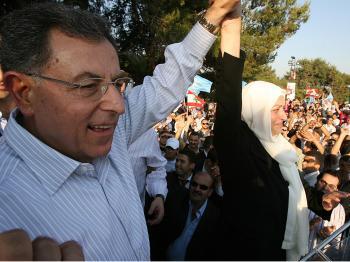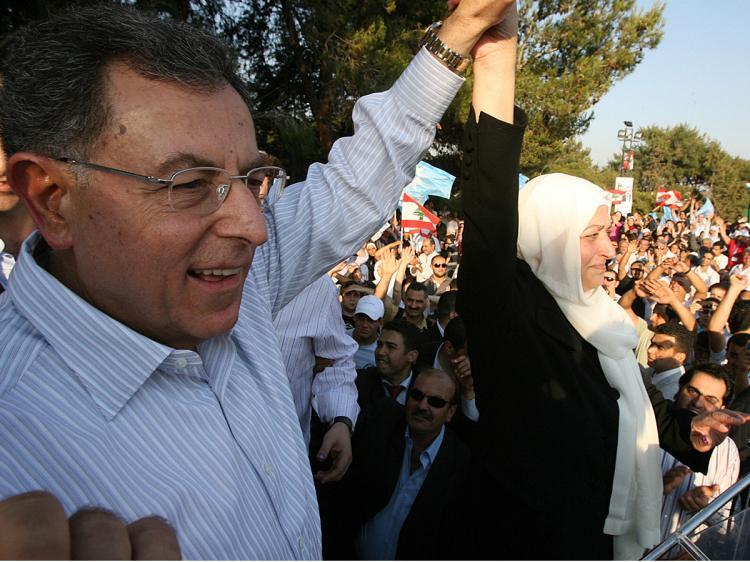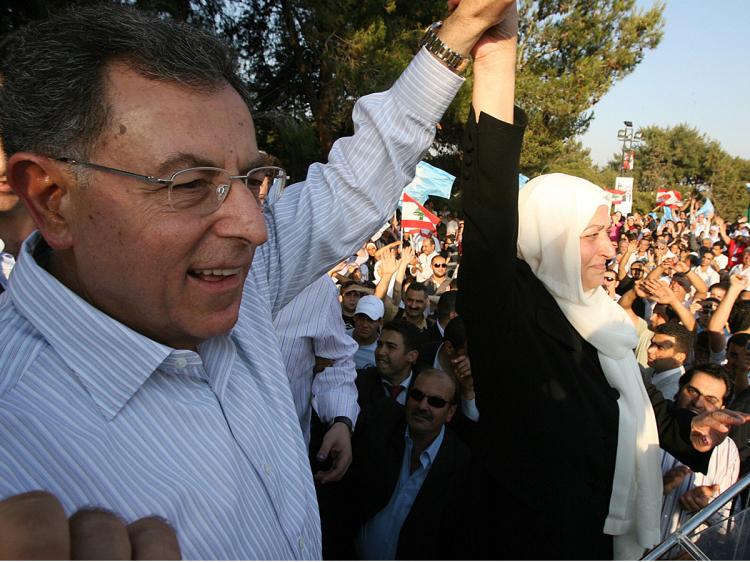An American-backed alliance party, known as the ‘March 14 coalition,’ took the election with 67 of 128 seats in parliament. The pro-West party’s win is seen by some observers as a victory in a proxy war between Tehran and Washington.
Hezbollah joined a coalition with the Free Patriotic Movement, a party supported by many of Lebanon’s Christians and led by Christian general, Michel Aoun. Aoun’s party is the dominant partner in the opposition coalition with twice the seats of Hezbollah. Christian voters were split in the election.
The March 14 coalition took the last election in 2005 following the assassination of the former prime minister, Rafik Hariri.
The assassination was blamed on Syria, Lebanon’s much larger neighbor to the northeast. Lebanon made world headlines following the assassination when a series of demonstrations, labeled the “Cedar Revolution,” led to the withdrawal of Syrian troops from the country. Syria had a military presence in Lebanon as part of an accord that ended a devastating 15-year civil war almost three decades ago.
Preliminary election results indicate about 55 percent of the country’s 3.26 million voters came out, an unusually high turnout.
In an effort for votes, all parties flew in Lebanese ex-pats from other countries. An estimated 80,000 foreign voters landed in the country at a estimated cost of $97 million according to reports. Parties attracted the voters with free flights home as citizens must be present in the country to vote.
U.S. Secretary of State Hillary Clinton made a surprise visit to Lebanon in late April and held a press conference at the presidential palace.
“The Lebanese people have a lot at stake in this election,” she said at the press conference. “We certainly hope that the election will be free of intimidation and outside interference and that the results … will continue a moderate, positive direction that will benefit all the people of Lebanon.”
The United States has given the country over $1 billion in assistance since 2005 following Syria’s withdrawal. About half of that aid has gone towards boosting Lebanon’s military in efforts to stop heavily-armed militias.
One man is reported to have died in an election-related conflict but there was no other serious fighting related to the vote.







